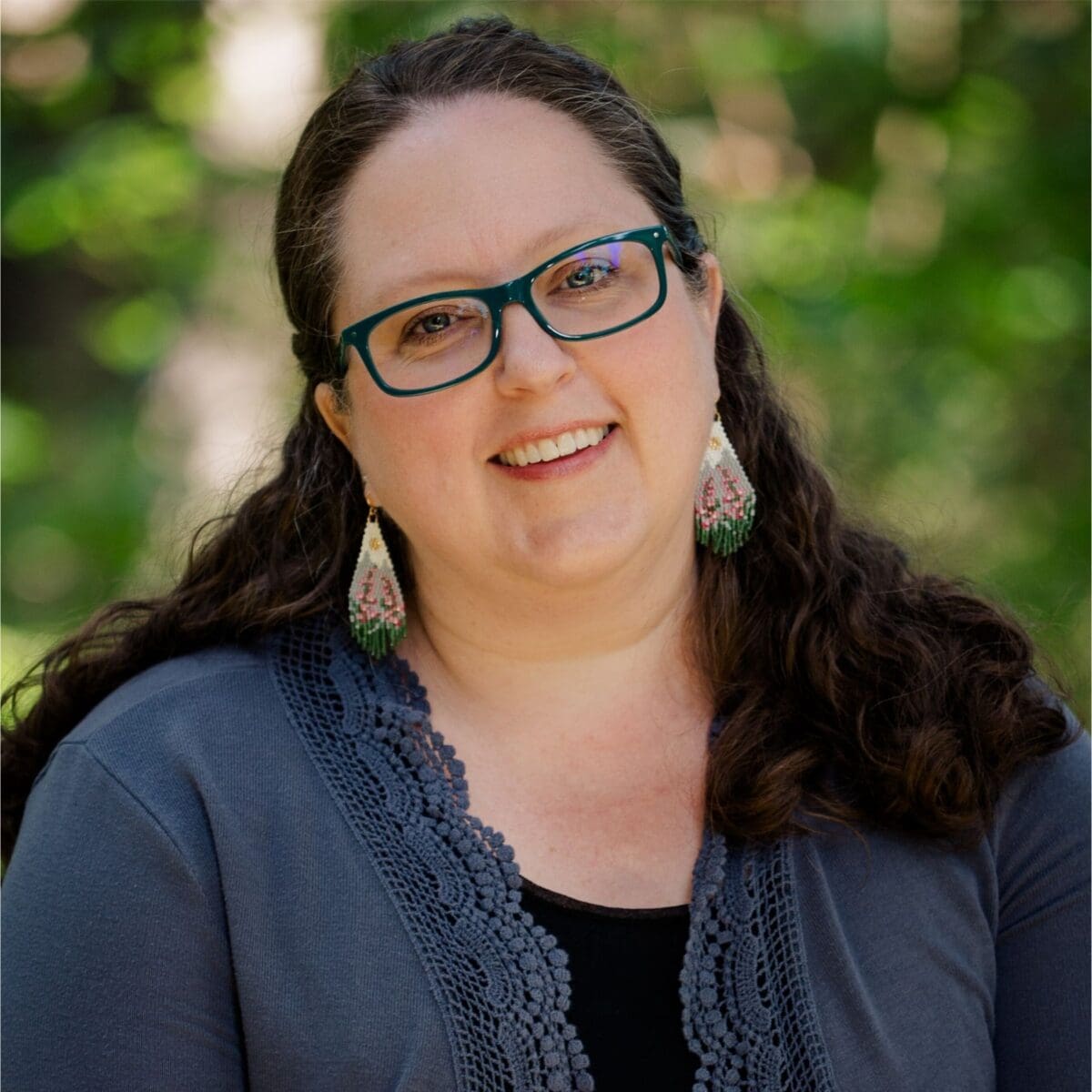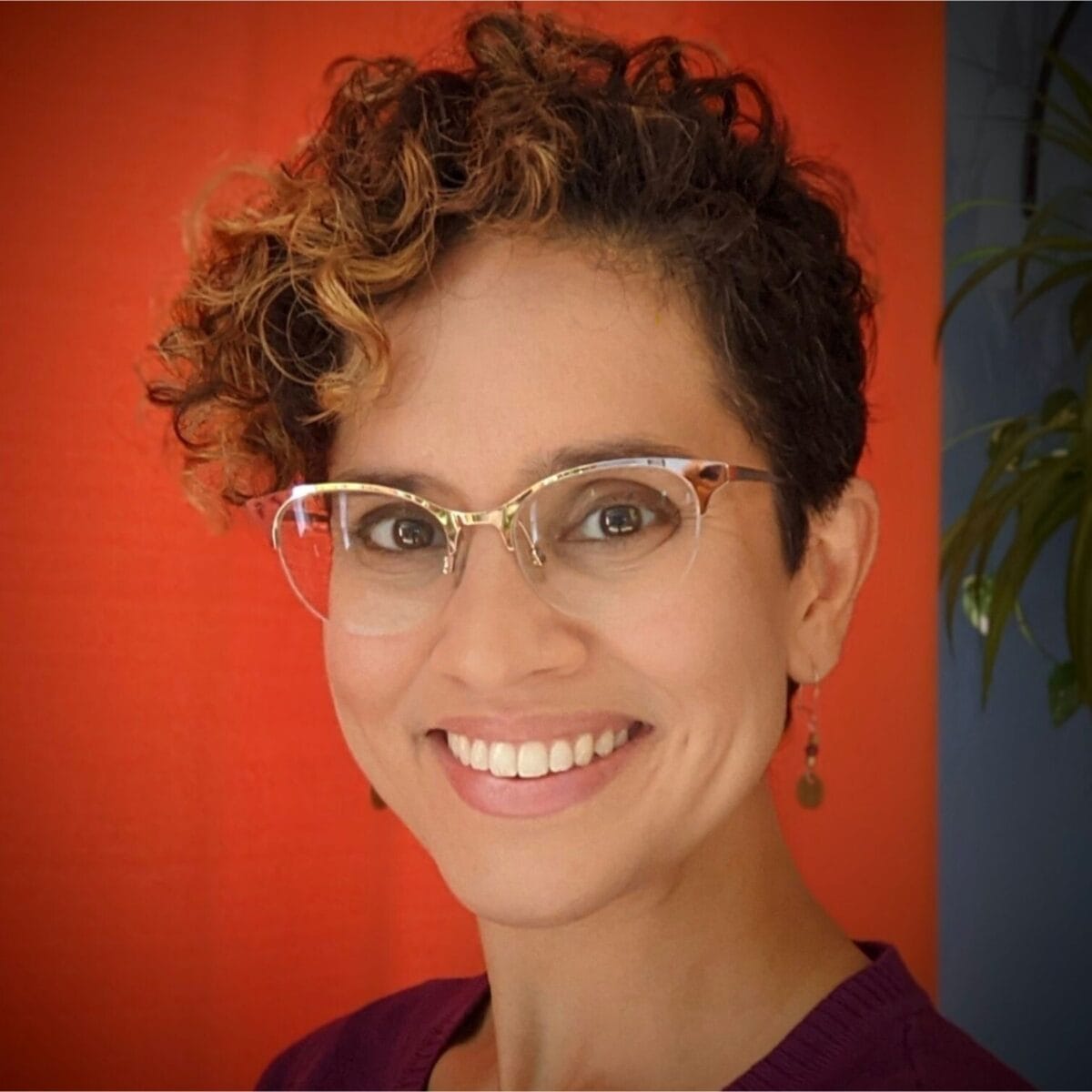As coaches and coach educators, we have seen how powerful coaching can be when it is rooted in presence and curiosity. Over the years, however, we have also come to realize that coaching practices can fall short if they do not consider the impact of a person’s culture on their relationship with their inner and outer worlds.
That is why cultural humility has become central to our work. It is not only a concept we teach but a practice we embody. It is an essential ingredient for both coaching and coach education to be truly client-centered and impactful.
Why Cultural Humility Matters
Cultural humility is the ongoing practice of self-reflection and learning. It invites us to examine our own beliefs and assumptions as well as engage across differences and perceived commonalities with a deep sense of curiosity and respect.
It is not about getting it “right.” Instead, it is about showing up with a willingness to get messy, ask questions, acknowledge blind spots, and genuinely hold the client as the expert of what they are experiencing.
An important first step in cultivating a practice of cultural humility is to start inward by increasing our own self-awareness around who we are. We explore our values, beliefs, perspectives, and social identities. All of these things (and more) impact how we approach the world, which can impact how we partner with our clients.
We have found that when coaches engage in self-awareness as lifelong learning — continually accessing their own perspectives and assumptions and recognizing the importance of truly embracing cultural humility — they build more trusting and transformational relationships with their clients. And when coach educators model and intentionally teach cultural humility as part of program curriculum, they help future coaches develop the mindset and skills needed to serve a wide range of people and communities.
What Cultural Humility Looks Like in Practice
In our work with the University of Wisconsin–Madison’s Certified Professional Coach Program, we have woven cultural humility into the curriculum and course design.
This did not happen by chance. It has required intentional effort, vulnerability, and a lot of learning along the way. We have had to ask ourselves hard questions about our own biases and blind spots. We have also learned some ways to create space for students to reflect on their own cultural foundations, to practice navigating conversations that feel tender, complicated, and unclear.
As much as we are still learning, what has become clear to us is that cultural humility is essential and foundational — not an “add-on” — to coaching. It is rooted in all ICF core competencies, deepens coaching presence, and invites a fuller, more authentic connection between coach and client.
Coaching Isn’t Culturally Neutral
During our own time as coaches in training, we each received the message that effective coaches remain “neutral” with their clients by keeping who they are as coaches out of the relationship. There is often the assumption that if we are being “neutral,” we are being open. The truth, however, is that neutrality is impossible and claiming neutrality can unintentionally erase important parts of one’s lived experience.
Our culture influences everything from how we relate to emotions, authority, learning, time, conflict, and even the coaching process itself. As coaches, we cannot afford to ignore that our own culture impacts our view. As coach educators, we have a responsibility to prepare coaches to recognize their own culture and respond to cultural differences with care and skill.
When coaches and educators engage in cultivating a deeper sense of cultural humility, there is a compelling ripple effect — one that truly holds clients as the wise experts of their circumstances. This work is about more than checking boxes. It is about becoming the kind of profession that honors the full humanity of everyone we serve.
Join the Conversation at ICF Converge 2025
If this resonates with you and you are curious about how cultural humility can deepen your coaching, teaching, or leadership, we invite you to join us at ICF Converge 2025, taking place October 23-25 in San Diego, California, USA. As part of the Coaching Education theme, our upcoming session, “Embracing Cultural Humility in Coaching,” will be held on Thursday, October 23, at 3:30 p.m. (San Diego). By attending this session, you can earn 0.50 Continuing Coach Education units in Core Competency and 0.25 in Resource Development.
What You’ll Gain From This Session
- Share tools and reflective exercises.
- Offer strategies for integrating cultural humility into curriculum, coaching practices, or personal development.
- Explore how cultural humility shows up in coaching conversations and mentoring relationships.
- Create space for meaningful dialogue, reflection, and connection.
Together, we will reflect on what is working, what is challenging, and what is possible when we bring cultural humility into the heart of our practice. We hope to see you at Converge 25!
Disclaimer
The views and opinions expressed in guest posts featured on this blog are those of the author and do not necessarily reflect the opinions and views of the International Coach Federation (ICF). The publication of a guest post on the ICF Blog does not equate to an ICF endorsement or guarantee of the products or services provided by the author.
Additionally, for the purpose of full disclosure and as a disclaimer of liability, this content was possibly generated using the assistance of an AI program. Its contents, either in whole or in part, have been reviewed and revised by a human. Nevertheless, the reader/user is responsible for verifying the information presented and should not rely upon this article or post as providing any specific professional advice or counsel. Its contents are provided “as is,” and ICF makes no representations or warranties as to its accuracy or completeness and to the fullest extent permitted by applicable law specifically disclaims any and all liability for any damages or injuries resulting from use of or reliance thereupon.
Post Type
Blog
Audience Type
Coach Educators, Experienced Coaches, External Coaches, New Coaches, Professional Coaches
Topic
Coach Educator Essentials, Discover - Your Coaching Career, ICF Events
Related Posts
The Power of Active Listening in Meaningful Coaching: Why Active Listening is the Most Essential Coaching Competency
Of all the foundational coaching competencies identified by the International Coaching Federation…
Allyship in Action: Coaching as a Catalyst for Change
Allyship is often framed as a value or an intention. In practice,…
Grace Under Fire: Building Stress Resilience for Coaches and High Achievers
There’s a unique kind of pressure that lives at the intersection of…








